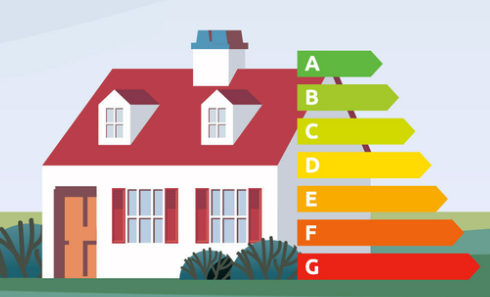Who is eligible for ECO4? - 2 Minute Read
Think that you will Benefit from ECO4!

One of the main ways companies must measure who’s eligible for the ECO4 scheme is to see if the applicant receives any of the following benefits:
- Income-based Jobseekers Allowance (JSA)
- Income-related Employment & Support Allowance (ESA)
- Income Support (IS)
- Pension Credit Guarantee
- Credit Working Tax Credit (WTC)
- Child Tax Credits (CTC)
- Universal Credit (UC)
- Housing Benefit
- Pension Credit Savings Credit
The government will also make sure that anyone with additional Department of Work and Pension (DWP) benefits has access to ECO4, regardless of whether they receive Universal Credit. While the focus will be primarily on owner-occupied homes, this new phase of the grant will also support inefficient social housing and private rented housing (if the landlord permits it).
How to apply for ECO4
Think you’d benefit from ECO4? All you need to do is get in touch with Help To Heat UK. You’ll then be taken through a telephone assessment, which will include answering questions about various things, including your income, whether you receive certain benefits, and your property’s energy efficiency rating.
Help To Heat UK will then arrange a date to visit your home and confirm whether it's suitable for the grant.
Which energy companies offer ECO?
All gas and electricity companies with more than 150,000 customers are obliged to fit ECO measures. As it stands, the list of energy suppliers includes:
- British Gas
- Bulb
- E.ON
- EDF
- NPower
- Octopus Energy
- OVO Energy
- Scottish Power
You don't have to approach your current energy supplier, either – simply contact Help To Heat UK, but If you’d like to get in touch with any of these companies about the ECO scheme, check out their contact details on the Ofgem website.
Summary
Experts have suggested that the recent energy crisis could push 8.5 million households into fuel poverty, meaning they’ll struggle to heat or power their homes. By extending the ECO scheme for another four years, the UK government could help some of these vulnerable people get through the difficult times ahead.
Whether it's enough is a different story, as our 2023 National Home Energy Survey suggests — 76% of Brits have said the government have not done enough to support with energy bills.
If you think you’re eligible for the ECO scheme, what are you waiting for? Get in touch with Help To Heat UK or one of the listed energy suppliers and get the ball rolling.
Bill Millington
Content Manager
Bill is an experienced Senior Mortgage Specialist with a demonstrated history or working in the financial services industry. Bill has also been writing about energy saving tips and advice on how to reduce your carbon footprint.

From Dreams to a Greener Reality - How a Young Couple Benefited from an ECO4 Upgrade - 4 Minute Read









